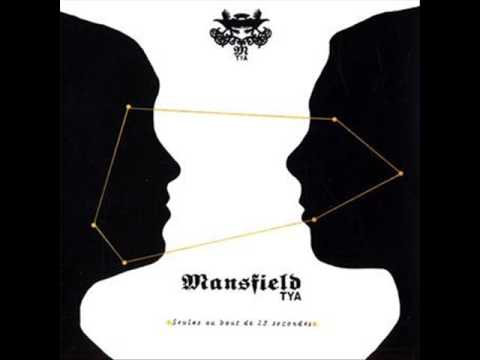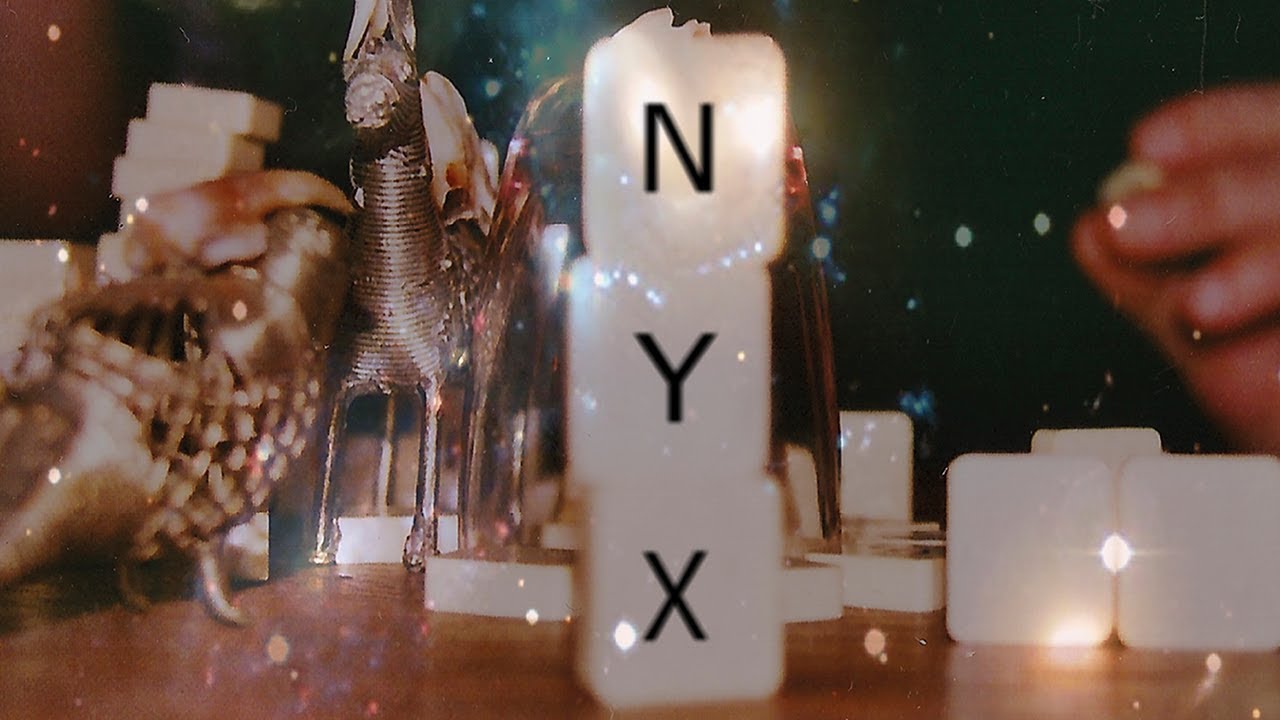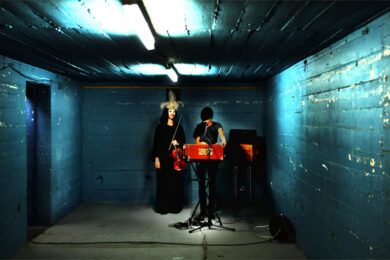I’m going to call it the ‘unspoilt village’ problem. A certain kind of holidaymaker (and let’s equate this traveller to the music connoisseur, someone with a refined sensibility) wants the benefits of globalisation (the ability to reach to the destination cheaply and easily, for example) but, when the destination is reached, doesn’t want it to have been spoilt by the same process. He might even tut at the fact that the place is not ‘authentic’ enough, it’s been spoiled, there’s too much tacky catering for tourists (the other tourists, not him) and an over-abundance of tawdry, modern, commercial buildings just like the ones back home, when he wanted something picturesque, proper quaint old shit, or something with local character. The ideal destination, then, is one that is geared towards tourists without appearing to be so, where the economic reality (“Spend your money here please!”) is kept tastefully under wraps. There’s nothing worse than looking needy.
This is by way of saying I think the English-speaking music connoisseur – I’m putting myself in that basket along with the Quietus’ own Luke Turner, who wrote in his review of the Transmusicales festival in Rennes on this very site that he hoped “the cultural and linguistic dominance of American and English rock & roll [will] soon to be a thing of the past” along with “groups singing in English rather than their native tongue” – prefers his French singers to sing in French.
Never mind that we spent years, decades, rubbishing French music and going on about how great English and American rock & roll is in comparison to pretty much everything else. To the point, in fact, where it’s perfectly understandable that someone might think “All the cool music I love is sung in English so I’m going to sing in English” or “If I want anyone outside France to pay any attention to my music, I’m going to have to sound a lot less French”. Then along comes the music tourist-connoisseur to say (or at least think, as I frequently find myself doing) “Who do you think you’re impressing? You sound ridiculous, you can’t pull off the accent properly!” Stick to French, it’ll be better that way!” Better and more ‘authentic’/fantasy-sustaining for a French artist to sing in French even if they’ve spent their formative years listening almost exclusively to Anglo-American bands. As if polite young English lads never tried to sound like bad old Delta bluesmen. (We might still also mock the French for their linguistic protectionism, though, just to add to the confusion.)
As I mentioned a few columns back in a review of the Francofolies festival, for a French songwriter, opting to write in English can also offer a sense of freedom from the legacy of chanson, a way of shaking off some of the hang-ups associated with writing in French. That’s not to say, though, that there is no trepidation or coyness attached to the decision to sing in English. I have been asked quite seriously by a French singer whether I thought their English pronunciation of lyrics sounded good or not. Last year, a compilation of new French rock acts was released called Do You Sing English? – already deprecating enough a title without the deliberately naff photos on the sleeve that recalled old language school textbooks, as if anticipating the snigger of the Anglo-Saxon Other upon hearing these efforts at mastering the language of rock & roll. The point is that there can be more to the decision to sing in English rather than French than lazy acquiescence or copyism.
Regardless, the connoisseur-tourist likes his French singers to sing in French; he wants the local character. And, as I said, I can’t help being like that sometimes. So one of the reasons I really like the new album, Nyx, by Nantes-based folk-chanson duo Mansfield TYA is that it’s the record of theirs that has the least English singing on it. And even where it’s there, it’s pushed to abstraction.
Carla Pallone (who plays violin mostly but other instruments too):
“We only say "an island in an island" on one English song. It almost sounds like German in this case! We used words for their sounds, the repetition makes me crazy and we forget the meaning… I think it has always been half French, half English, but some friends wrote for us (like Marion Jdanoff for ‘Logic Coco’ and ‘Cavaliers’), and it happened to be in French this time! And I have to admit we forgot a lot about English!”
There are other ‘local character’ aspects that drew me to Mansfield TYA initially. Their combination of raw, nervy guitar and violin on debut June – sometimes similar in mood to PJ Harvey’s ‘Plants and Rags’ – seemed to be steeped in the chilly blue and grey of Brittany’s skies and the Atlantic coast; North-west rather than West Country blues. This, I’m willing to accept, was probably fanciful on my part. Pallone just about indulges the idea:
“As you like! Our studio Sylvestre and Maucotel is by the ocean, so you are not so far!”
It’s not that you can ever totally strip this stuff away. Enjoyment of music is often based to a degree on these kinds of fantasy constructs. The idea of the innate melancholia of Nantes doesn’t really stand up to much scrutiny, though, especially since the other Mansfield member, Julia Lanoë is (as her alter-ego Rebekah Warrior) one half of anarchic electro/queerer-than-Scooter hard dance duo Sexy Sushi, renowned for their unabashed lyrical attacks on figures of the French media landscape and equally unabashed live shows (last time I saw them, Julia spent much of the set abusing a series of small, potted trees before launching them into the audience and, via some simple special effects, watered flowers to magically ‘grow’ them into a couple of buff bodybuilder types).
Nevertheless, what keeps pulling me back to Mansfield TYA is the sadness. They’re at their best when they sound choked or virtually paralysed by sadness, or when the sadness sounds so corrosive that it might eat through them entirely and spill out into the world. Their frequent inability or lack of desire to move on, cheer up, let things go, is bracing, refreshing even.
Musically, some core Mansfield elements remain the same on Nyx: Pallone’s plangent violin; the doubling or tripling or voices (even if they are all Julia) giving the feeling that you’re listening to soul sisters singing their pain together. As ever, many songs are basically ‘ritournelles’, musical themes obsessively circling the same chords, which fit with the ever-introspective/depressive nature of the lyrics. The palette has been expanded, though, to include not only keyboards and electronic trickery but also some danceable rhythms. Single ‘Des Coups, Des Couers’ (‘Beats & Hearts’ I guess) is the biggest surprise, a Latin-tinged shimmy with a refrain of “emmène-moi danser” (“take me dancing”, in the spirit of Morrissey’s “take me out tonight”) that is both uplifting and plaintive.
“I discovered dancing is a lot of fun,” says Carla. “But sad songs make me happy! Even more when I play them! Don’t you think reggae men can be depressed?”
‘Au Loin’ is another striking percussion-led piece, something like a Gallic riposte to tUnE-YarDs – although apparently These New Puritans’ Hidden was a bigger influence. Elsewhere, ‘Cavaliers’ and ‘An Island in an Island’ opt for skeletal electro-clash beats, making them emaciated cousins of some of Sexy Sushi’s tunes. And there are more layers of vocals, from low growls to children’s voices. But it all feels unified, more so than previous album Seules Au Bout de 23 Secondes, perhaps because it’s carefully sequenced and has been built around a nocturnal theme – ‘La Notte’, the chorus of “the night will be tender” on ‘Nightdrive Apocalypse’ (one of only three English-language songs). Nyx is the Greek goddess and embodiment of the night.
“We tried to renew our sound while staying true to ourselves,” says Carla. “With Nyx, we were really able to take advantage of working in the studio and perhaps work more on the rhythms and the percussion that before. Whereas on June we tried to stay as close as possible to our live approach, this time we didn’t try to bring the two approaches together, as they have a totally different energy… The live versions are much more minimal and raw as a result.”
Lyrically, it feels there’s also been a slight shift in tone – before, although, there was the odd ‘character’ piece like ‘Pour Oublier Je Dors’, most of their words at least appeared very personal, diaristic. Here, says Carla “as we choose to write about the night, I hope Nyx is less self centered and more universal.”
Even though there’s more French than ever on Nyx, I don’t much ‘hear’ Brittany, grey clouds and cold, forbidding water anymore when I listen to Mansfield TYA. The ‘night’ theme has successfully put paid to that. But I can still hear the blues.







